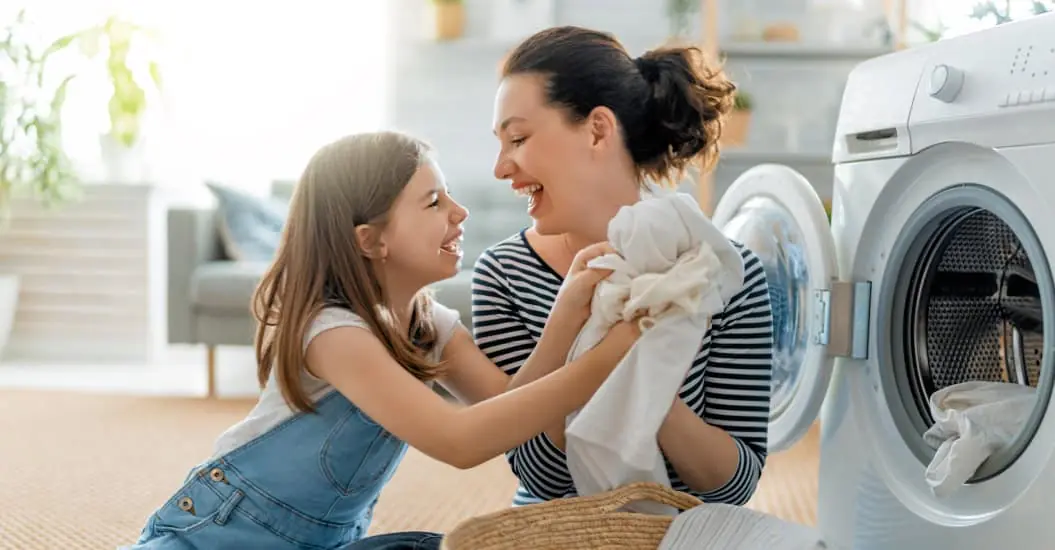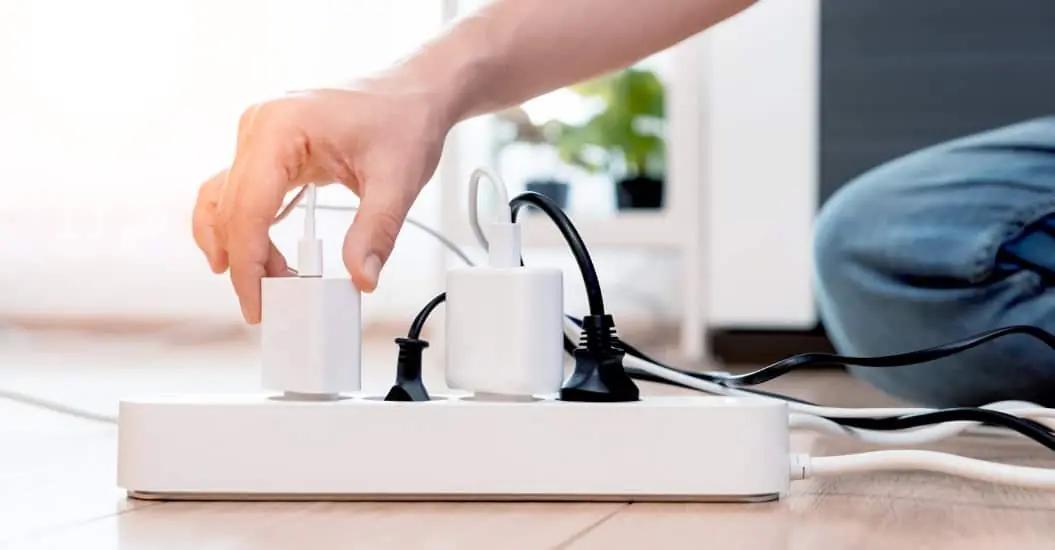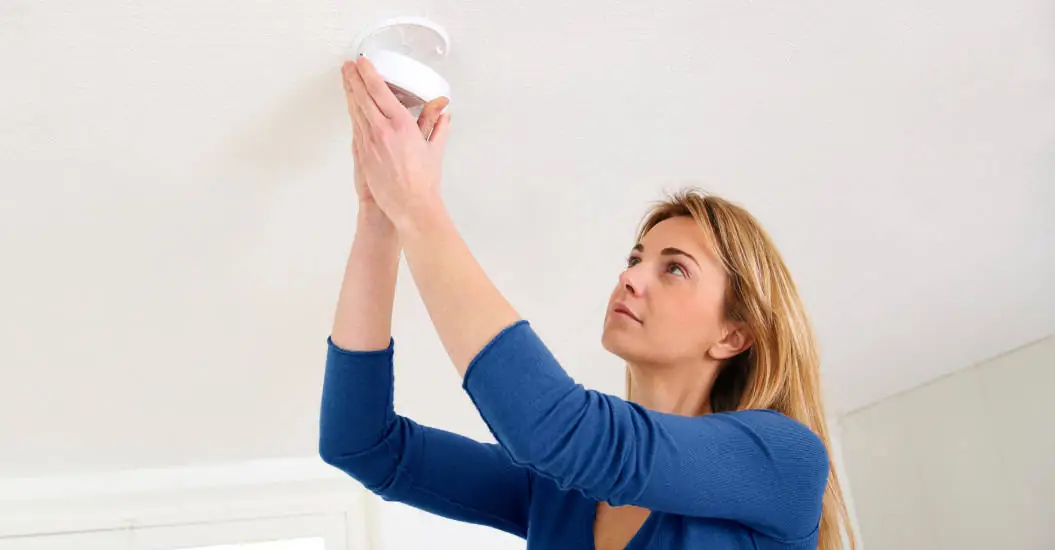Being surrounded by electronic devices and technology on a daily basis can make it hard to remember that we're also surrounded by lithium-ion batteries. Whether it's vapes, phones, or even electric toothbrushes, they're usually "out of sight, out of mind".
What's more, we don't often think about the safety risks that could potentially affect your home, belongings, or even your family. Fires involving lithium-ion batteries can be difficult to put out and the vapour can be dangerous to inhale.1
Proper storage, handling, and disposal methods are important when it comes to reducing these risks. In this blog, we'll explore how to do this to help keep you and your home safe and help prevent fires.
What items use lithium-ion batteries?
Lithium-ion batteries can be found everywhere in and around your home. They could be in your smartphones, laptops, tablets, vapes or e-cigarettes, Bluetooth headphones, digital cameras, portable gaming consoles, power banks, e-bikes, e-scooters, electric tools, and your electric vehicles.
Whether an electronic device is large or small, lithium batteries are probably there!
How do you safely manage lithium-ion batteries?
Keep the temperature in check
It's important to keep the batteries within their recommended temperature range. Their temperature can be affected by where you store them, and how long you charge them for.
- Don't charge it overnight: If you leave your electronics charging over a long period of time, the excess charge may cause the device to overheat, which leads to a process called 'thermal runaway'. The result? A potential fire and/or explosion. Overcharging can also reduce the life span of the battery, which isn't ideal either!
- Don't charge on your bed: While it's common for people to place their charging phone on their bed (or even under their pillow), this is a no-no as it can overheat and, you guessed it, cause a house fire thanks to the flammable material it's been placed on. 2
- Don't store in extreme temperatures: Storing lithium-ion batteries in extreme heat or cold, or in moist environments, could be damaging. Also, don't leave them to cook in direct sunlight, even if it's just for a short period of time.
Use the correct charger
Make sure to use the battery and charger that were supplied with your device. If you have to use a different battery or charger, make sure it is compatible with the correct specifications. Always buy from high-quality, certified brands and manufacturers. Or better yet, get an identical replacement from the same brand.
E-bike and e-scooter tips
When it comes to e-bikes and e-scooters, there are a few things to keep in mind to help keep you and your home safe:
- Always follow the manufacturer's instructions for using, charging, and maintaining your e-bike or e-scooter.
- Make sure it's not covered by blankets, towels, or other fabrics while charging.
- Don't overcharge it; turn it off as soon as it's full. The dangers of overheating these items are just as relevant as they are for smartphones.
- If you charge an e-bike or e-scooter at home, charge it away from flammable materials and make sure there's a smoke alarm in close proximity.
- Don't charge it by an exit. You need a safe escape route in the event of a fire.
Faulty batteries
If you think the battery may be damaged in any way, don't use it. Get a replacement. If you're unsure of its condition, it's better to be safe than sorry.
How do I dispose of lithium-ion batteries?
Because of the fire risks associated with lithium-ion batteries, they should never be placed in a general rubbish bin3. Fortunately, there are a number of facilities around New Zealand that will dispose of them for you! Here's a list of facilities that accept used household batteries.
Remember that each device will come with its own manufacturer guidelines. Get familiar with these and always follow their instructions when it comes to their usage, maintenance, and disposal.
For more advice on lithium-ion battery safety, visit Fire and Emergency NZ.
To learn more about how you can help prevent fires breaking out at home, read our fire prevention blog.
The links we provide to third-party websites are for your convenience and do not constitute any endorsement or authorisation by us. The information provided on this page is general in nature and is not intended to be professional or legal advice. Tower does not accept any liability for the accuracy or content of information on this website that belongs to third parties or on any third-party website.

Looking for contents insurance?
Save $50 on new, eligible contents insurance policies with promo code SWEETDEAL.*






